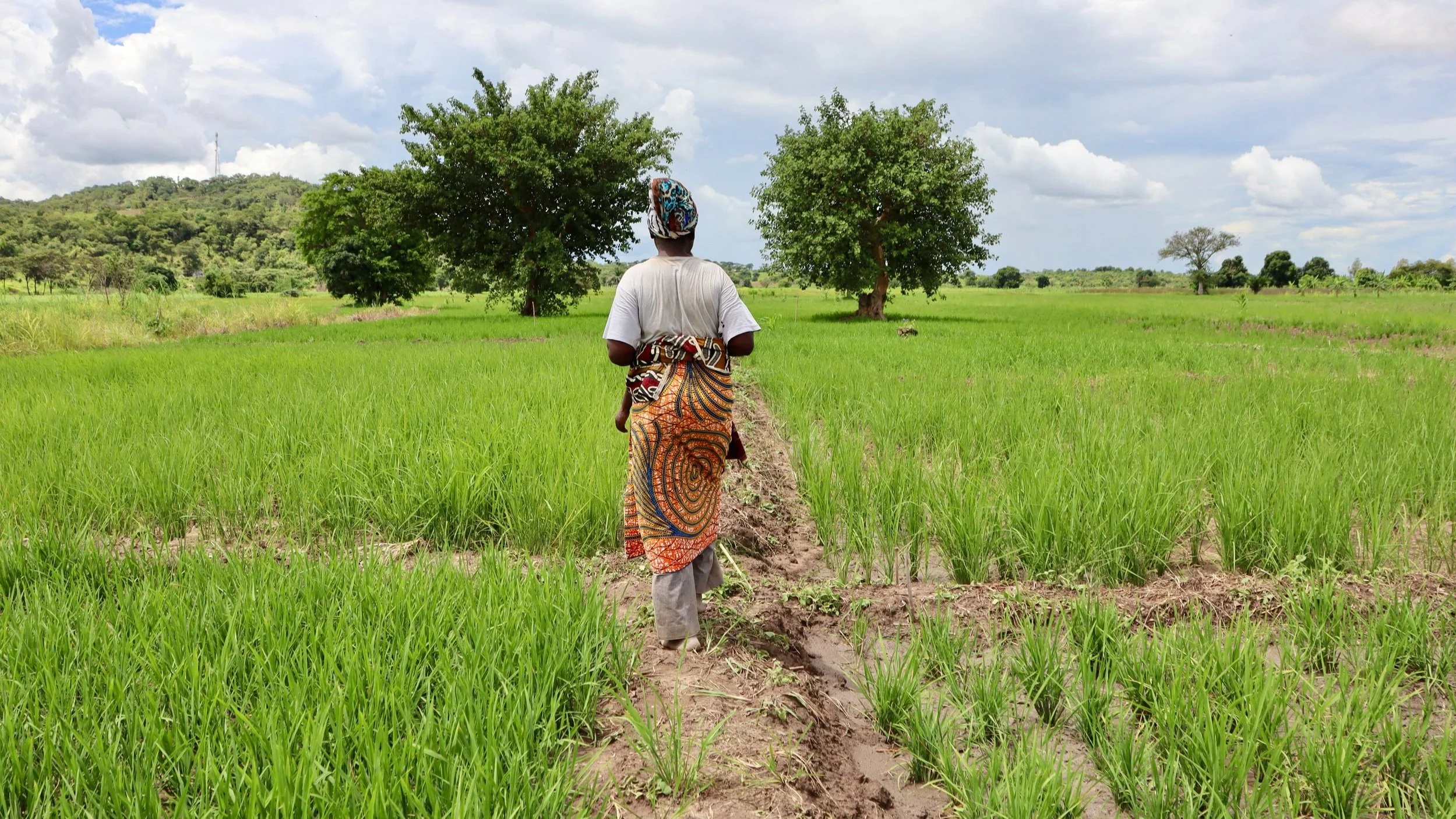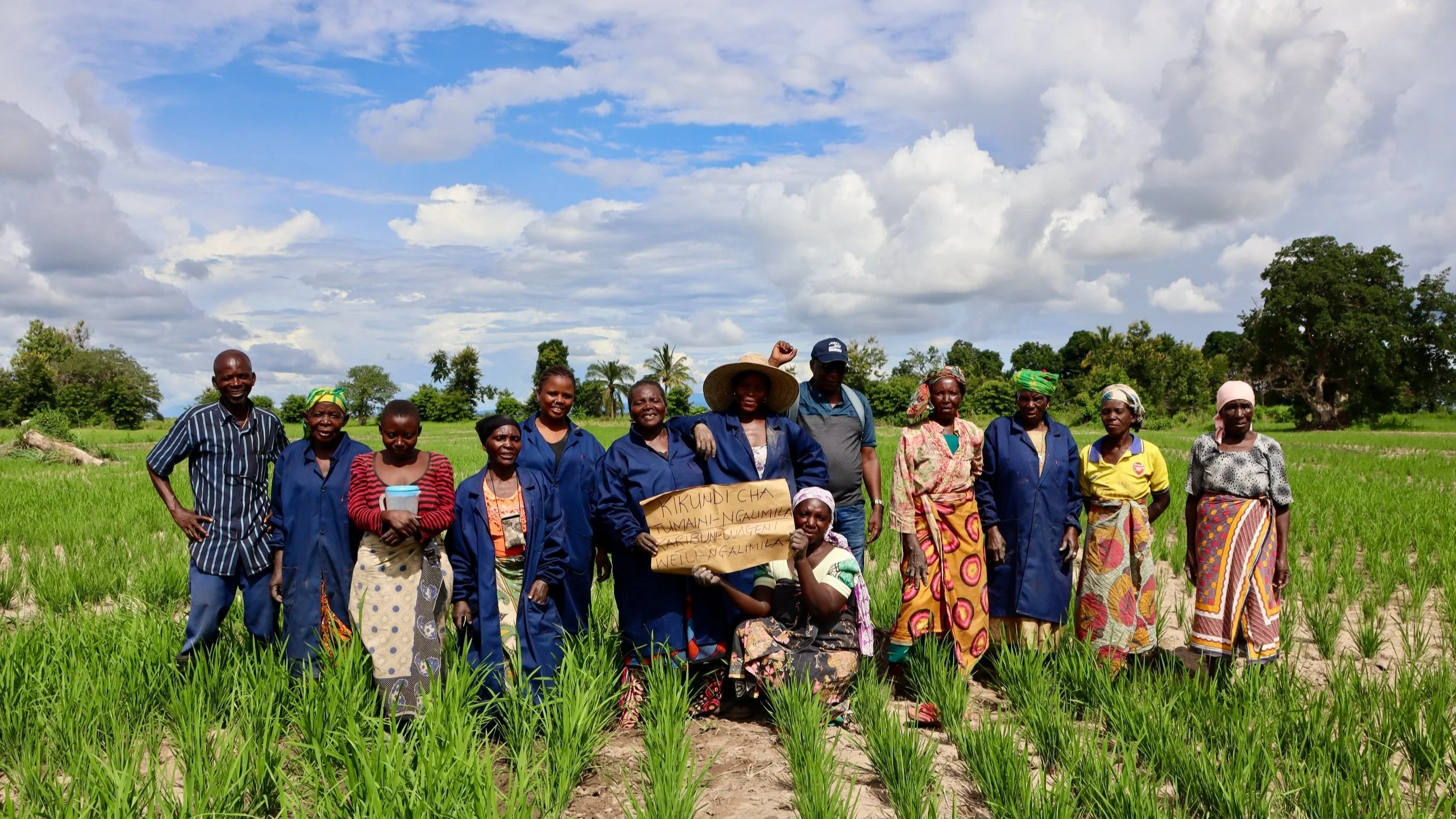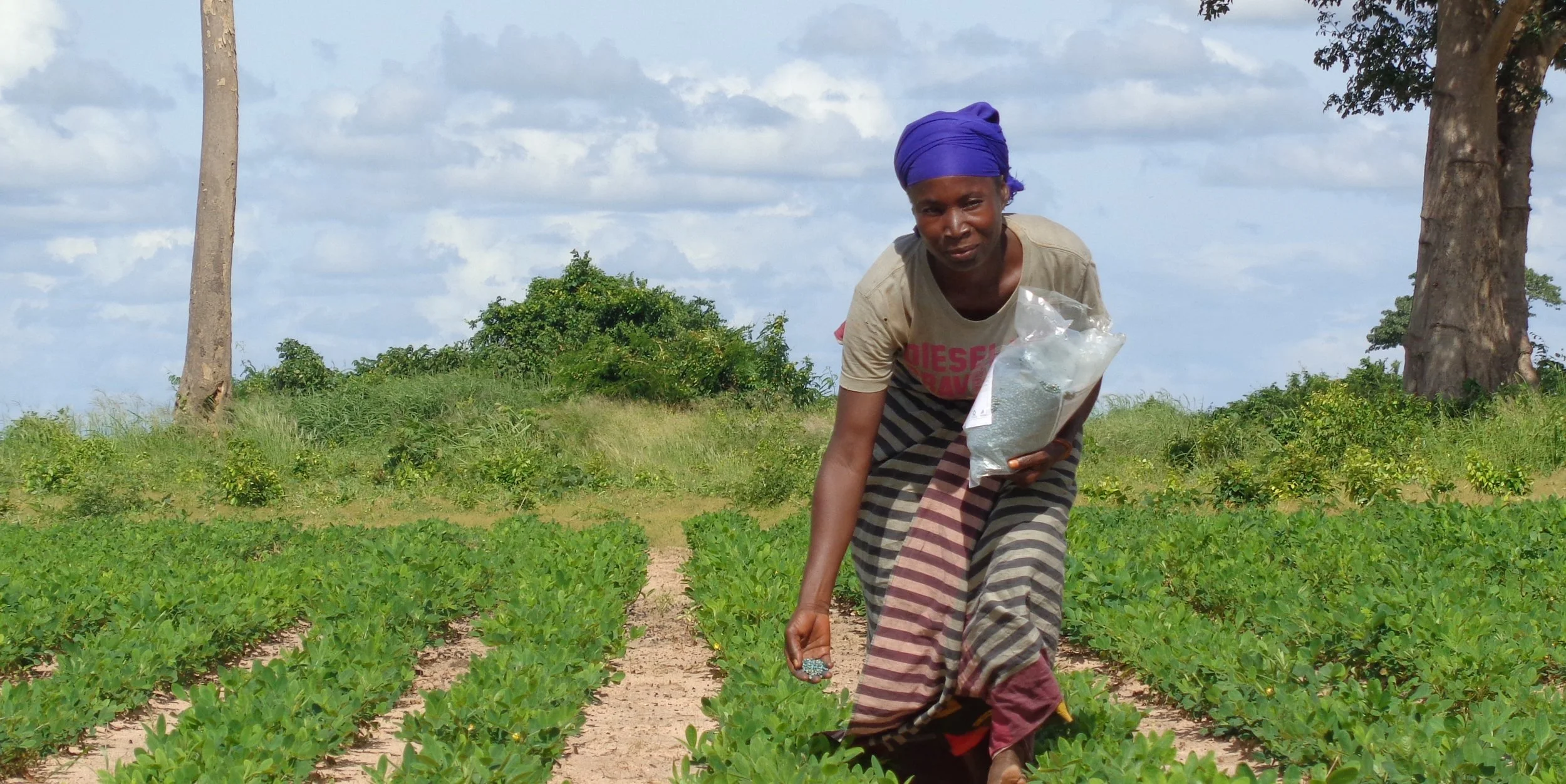Strengthening our efforts for enhanced Food Security in Africa
With two grants totalling over 300 million NOK over five years, we aim to strengthen small-scale food producers in Mozambique, Madagascar, and Tanzania. This gives us a unique opportunity to continue our contribution to food security and value chain development in these countries.
-We look forward to continuing this important work and are grateful for the trust and support that enables us to make a difference. Together with our local partners, we will continue to work for a more sustainable and food-secure future for small-scale food producers in Tanzania, Mozambique, and Madagascar, says Anita Sæbø, Director of International Development at Norges Vel.
Under the "Growing Resilience" program, our focus will be on strengthening small-scale food producers through, among other things, increased climate-resilient and market-oriented food production, gender equality, organization, and increased value creation in value chains.
Increased food security for one million people in Tanzania
In Tanzania, we will empower over ten thousand small-scale rice farmers to tackle climate change through more climate-resilient production methods and quality seeds that are more resistant to extreme weather conditions. The goal is for these small-scale rice producers to produce enough rice to meet the annual consumption needs of half a million people in the country.
The project also focuses on improving all stages of the production process so that small-scale rice producers can participate further up the value chain and thus achieve higher profits.
Female rice farmers are a particularly important target group, and half of the rice producers we will work with are women. They will receive the same training as men, with additional measures to ensure they achieve equal productivity. Organizing in women's groups, access to financial services, and access to land and working capital are some of the initiatives to strengthen women's position in agriculture.
-The efforts of female rice farmers in Tanzania are crucial for local and national food security. In this project, we will provide them with the tools they need to increase both their production and incomes. This is an important contribution to the work on gender equality and to strengthening women's position in society, says Anita.
Agroforestry and Sustainable Practices in Mozambique
In Mozambique, we will support 75,000 farmers through local plant nurseries that will provide access to tree seedlings and training in agroforestry. This will increase food production during periods of otherwise low production while generating income for farmers through the sale of, among other things, cashew nuts. The project will also focus on soil improvement and sustainable practices such as crop rotation, natural pest control, and the production of biological fertilizers.
We will also continue our work in Northern Mozambique, where we will now support 11,500 small-scale cashew and peanut producers. By organizing into cooperatives, we will increase the small-scale food producers' ability to meet quality standards and production requirements for export markets, giving them access to new regional and international markets, which will help increase their income.
In Northern Mozambique, we will also develop a regional network of agroecological hubs that will strengthen 5,000 small-scale food producers with local knowledge and training in agroecological practices.
Through the production and distribution of AflaSafe, we will also contribute to the production of safe food without aflatoxins, which otherwise pose a significant health risk in Mozambique.
Collaboration for Long-Term Sustainability
Organizing small-scale food producers into cooperatives or farmer-owned companies is essential for them to gain a larger share of the value creation. Through this allocation, Norges Vel will work with interest organizations and universities to increase farmers' ability to organize into cooperatives.
-Organization is a key to success. By helping small-scale food producers, especially female food producers, organize into cooperatives or farmer-owned companies, we can ensure that they gain increased market power and a fair share of the revenues. This will give them better economic prospects and contribute to increased food security in the region, says Anita.
Through the "Growing Resilience" program, we are partnering with NORCAP to develop and provide climate and weather services. This will result in small-scale food producers in both Tanzania and Mozambique having better access to accurate weather forecasts, making them more resilient to climate change.
Better access to financial services is also an important measure for more climate-resilient small-scale food producers. We will therefore also develop new models and products for loans, credit, and insurance, making it easier for small-scale food producers to obtain loans, for example, to make necessary climate-resilient investments on their farms.






